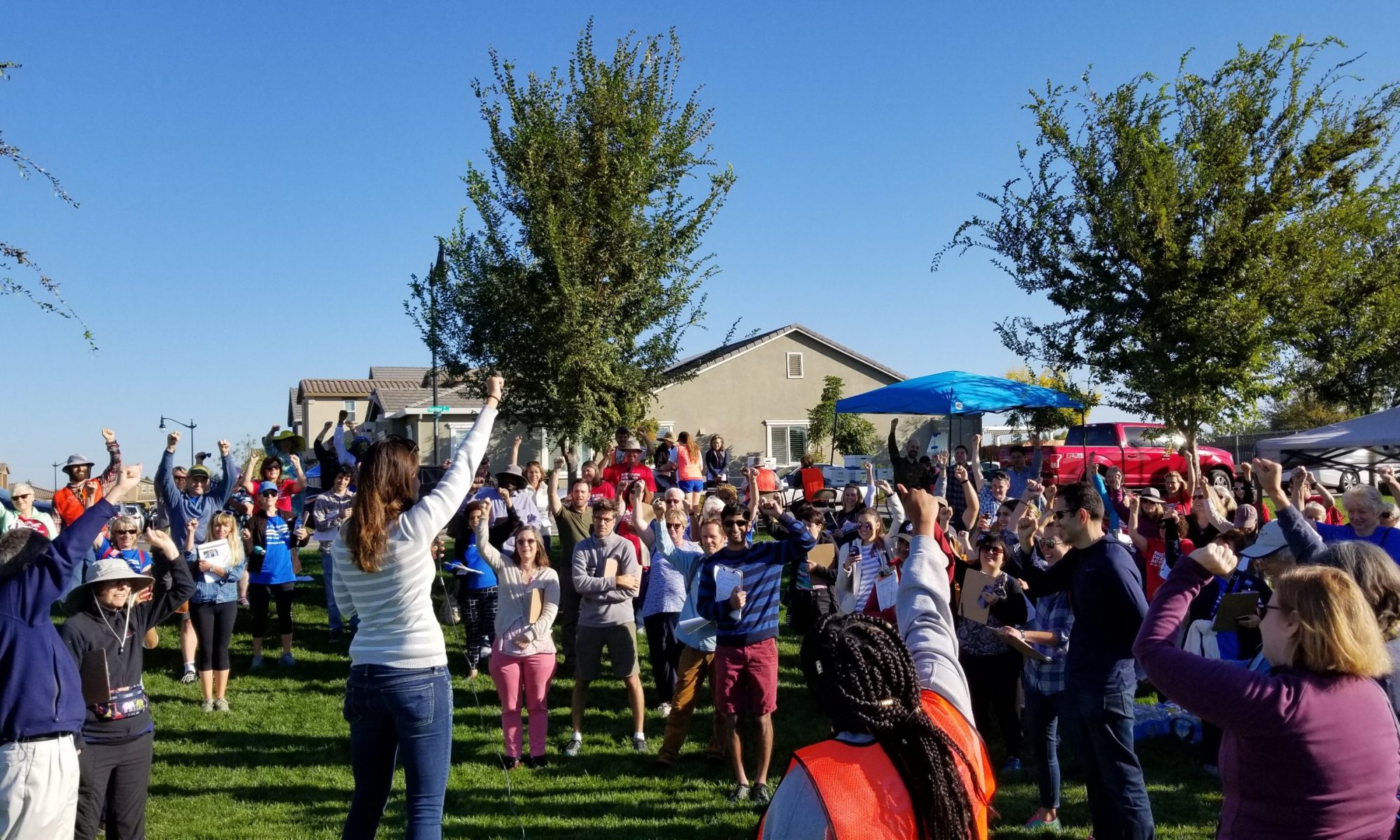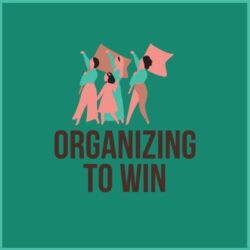
“I like being weird. People remember you that way. They say ‘Hey, I remember you. You’re the weird one.’”
-Sylvia Gordon (aka my mom) circa 1980
You know how there’s one kid in every school that no one likes and everyone bullies?
Yep. That was me. Every day from 3rd to 8th grade.
Because I was one of three Jewish kids in the district (including my sister)?
I was a girl with opinions?
In third grade I was the new kid and it just stuck?
Because a popular girl got in a fight one morning with her parents and took it out on me?
Who knows? (Before you ask, teachers were no help. My third grade teacher said I was too sensitive; I needed to develop a “thick skin.”)
Somewhere around sixth grade, I started to realize that there were other people who were treated badly just for being who they were. And then blamed for it.
Let’s be clear. Six years of bullying is not the same as six hundred years of oppression.
The experience did give me an affinity for other people who struggle with acceptance because someone thinks they’re “weird.”
My mom’s “weird” quote was partly about embracing uniqueness. However, the stronger message was that bullying was more about the insecurity of the bullies than it was about me.
Bullying and White Supremacy Culture
Just like racism and antisemitism aren’t about people of color or Jews. Hate is about the insecurity, fear and inhumanity of the haters. It’s about their discomfort with questioning a version of “normal” that rejects everyone else. The return of antisemitism, rise in extremist violence and rehabilitation of hateful rhetoric all point to a return to a Jim Crow culture.
When the dominant culture puts the burden of undoing racism on people of color, we are blaming them for being “too sensitive,” just like my third grade teacher.
White supremacy culture should not be normal. If we’re going to build the culture that our value statements say we want, we have to question what’s “normal” and what’s “weird.”
Janedra Sykes, Catherine Shieh and I offer customized white supremacy culture disruption programming to explore these questions in nonprofit organizations and campaigns. Programs could include training, facilitated employee resource group conversations, white supremacy culture review and relationship-building exercises.
Not sure what a new normal could look like? Drop the word “weird” in the comments and I’ll reach out to talk about it. For an example, see the Services and Client Anecdotes page.

